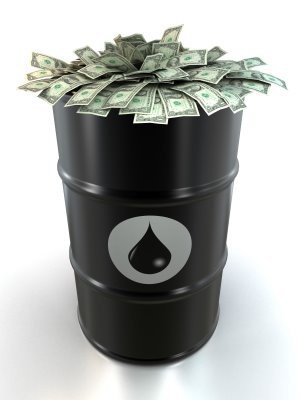Ghana has to date lifted about 5.9 million barrels of crude oil, representing a total revenue of 903 million United States dollars, Mr. Franklin Ashiadey, National Coordinator of the Ghana Extractive Industries Transparency Initiative (GHEITI), said at the weekend.
He was speaking at a one-day sensitization workshop on GHEITI on Oil and Gas for assembly members from the Nzema East Municipal Assembly, Sekondi-Takoradi Metropolitan Assembly, Jomoro District Assembly, Shama District Assembly, Ellembele District Assembly and the Ahanta West District Assembly at Axim.
The GHEITI Secretariat at the Ministry of Finance and Economic Planning organized the workshop.
He said the success of Ghana's oil will not be measured by the number of barrels of oil produced but by the amount of poverty managed to reduce with the revenues from the barrels of oil produced.
Mr. Ashiadey said it is incumbent on Ghana EITI stakeholders to ensure that the requisite systems are in place to promote good and accountable governance in the management of the country's oil resources.
To ensure this, he said strong policy institutions, legal frameworks, prudent revenue management and transparency among others, are required.
Mr. Ashiadey said it is in this regard that government is committed to the EITI implementation in the oil and gas sector to ensure transparency in oil revenue management.
"Ensuring that the scare resources of this country are managed in a prudent manner is one of the areas that government is very much committed to", he said.
Mr. Ashiadey said the first Annual Report of the Public Interest and Accountability Committee uncovered several issues and discrepancies in the country's oil sector reporting such as the wide gap between government revenue projections for 2011, which stood at 1.25 billion Ghana cedis and the actual 2011 figure, which reached only 666 million Ghana cedis.
He said the shortfall was mainly due to failure to consider that most tax revenue remained unavailable while the sector was still coming on line.
Mr. Ashiadey said the committee's report urged the government to follow the letter of the law when forecasting revenues because the projections determine what the country should save as well as spend.
He said the committee is expected to ensure that the Ghanaian public has the opportunity to debate how government is managing petroleum revenues in the light of the country's development priorities.**
Business News of Sunday, 8 July 2012
Source: GNA

















